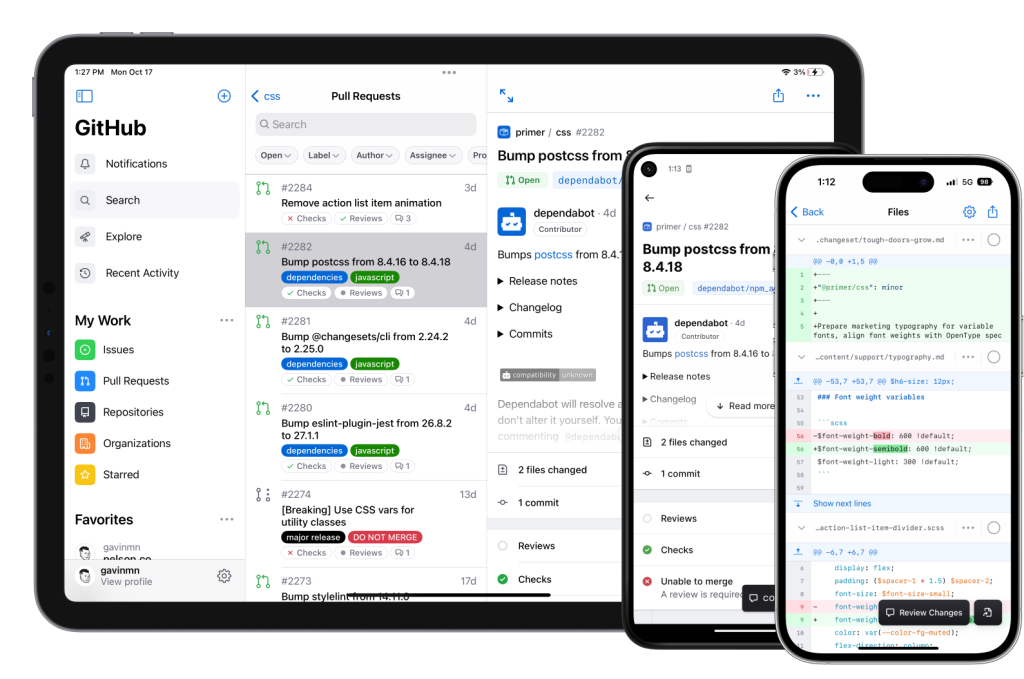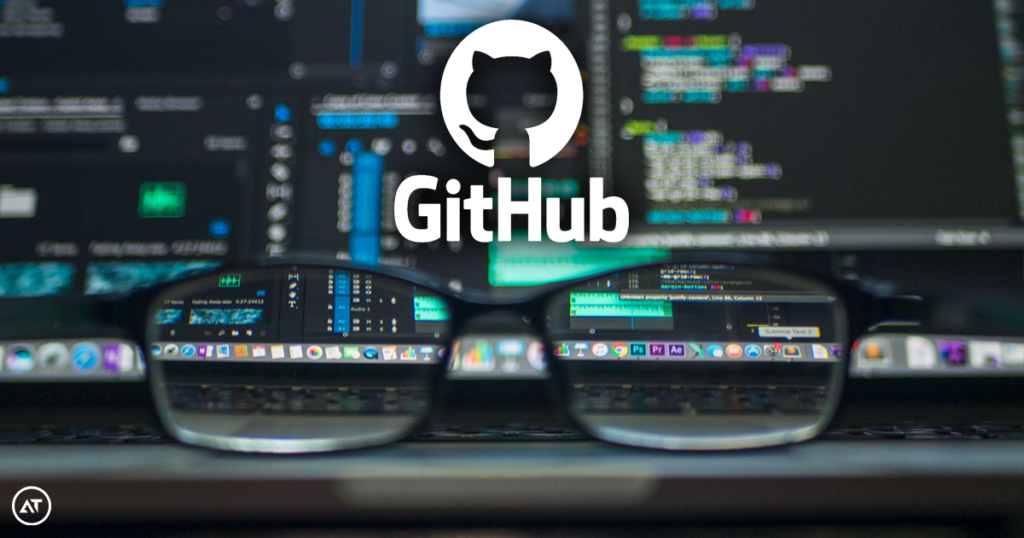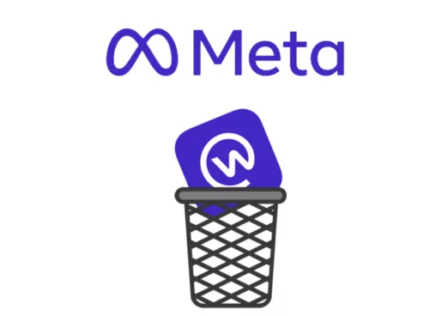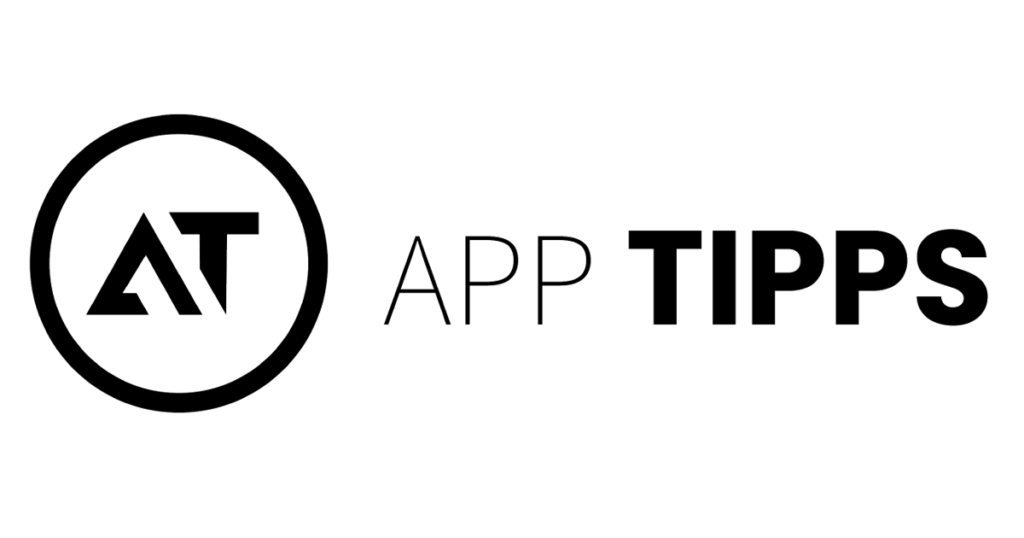GitHub, the renowned platform for version control and code collaboration, has become a game-changer in the world of software development. With its intuitive interface and powerful features, GitHub has transformed the way developers work, fostering collaboration, innovation, and the growth of open-source communities. In this article, we will explore how GitHub has revolutionized the software development landscape and discuss its impact on the industry.
I. The Rise of GitHub: A Catalyst for Collaboration
GitHub has emerged as a leading platform for developers due to its user-friendly interface and intuitive features. By providing accessible code collaboration and version control, GitHub has become a catalyst for collaboration among software developers. Developers of all skill levels can now contribute to projects and collaborate seamlessly, leading to increased productivity and faster development cycles.
II. Powering Open-Source Development
One of the significant impacts of GitHub has been its role in fostering the growth of open-source software. GitHub provides a platform for developers to host and contribute to open-source projects, making it easier for individuals and communities to collaborate on projects of all sizes. This has led to the creation of vibrant open-source communities and the development of groundbreaking software that is freely available for everyone.
III. Seamless Workflow and Version Control
GitHub’s robust version control system, built on Git technology, has revolutionized software development practices. Developers can track and manage code changes, create branches for experimentation, and merge changes seamlessly. The pull request workflow enables effective collaboration, code reviews, and quality control among development teams, ensuring that the final product meets the highest standards.

Download GitHub for:
IV. Empowering Developer Communities
GitHub’s social features have played a pivotal role in connecting developers worldwide and empowering developer communities. The platform provides tools such as issue tracking, discussion forums, and project wikis, facilitating communication and knowledge sharing. Developers leverage GitHub to showcase their skills, contribute to projects, and build their professional reputation, creating a vibrant ecosystem of collaboration and learning.
V. GitHub and Industry-wide Impact
GitHub’s influence extends beyond individual developers and projects—it has shaped the software development industry as a whole. The collaborative model of GitHub has influenced modern development practices, including agile methodologies and DevOps culture. Companies and organizations have embraced GitHub for both internal and open-source projects, promoting transparency, efficiency, and collaboration within their development teams.
VI. The Future of GitHub and Software Development
As GitHub continues to evolve, it introduces new features and innovations that push the boundaries of collaborative software development. GitHub Actions, GitHub Packages, and GitHub Discussions are some examples of emerging trends that indicate the platform’s continuous evolution. With its expanding ecosystem, GitHub has the potential to further promote diversity, inclusivity, and accessibility in software development, making it more accessible and beneficial for developers worldwide.
GitHub’s future holds exciting possibilities for the world of software development. Here are key areas to watch for:
- Collaboration Tools: Expect GitHub to introduce new collaboration features, enhancing team productivity and communication.
- DevOps Integration: GitHub will strengthen integration with DevOps tools, streamlining CI/CD pipelines for efficient development and deployment.
- Security and Code Quality: GitHub will continue investing in tools to improve code security and quality, with enhanced vulnerability scanning and automated code analysis.
- Learning Resources: GitHub will expand educational materials and certifications, fostering continuous learning and skill development.
- Empowering Open-Source Communities: GitHub will introduce features to encourage collaboration and support project maintainers, nurturing thriving open-source communities.
- Accessibility and Inclusivity: GitHub will promote accessibility and inclusivity, making the platform more accessible and supporting diversity initiatives.
Conclusion
GitHub has transformed the software development landscape by providing a platform for collaboration, version control, and open-source development. Its user-friendly interface, powerful features, and vibrant developer community have revolutionized how developers work together, fostering innovation and knowledge sharing. As GitHub continues to evolve, it will shape the future of software development, empowering developers and advancing the industry as a whole. With GitHub, the possibilities for collaborative software development are endless.





